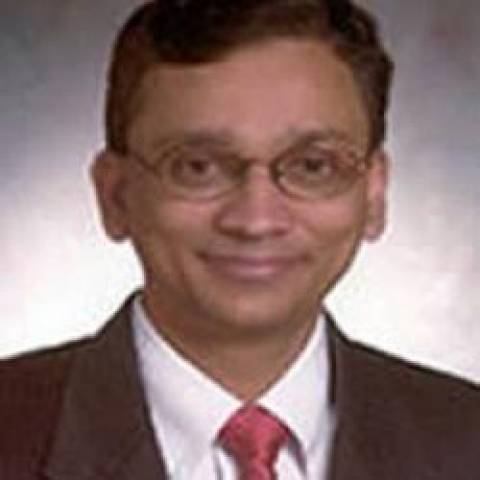10 People Results for the Tag: Peroxisome Proliferator Activated Receptors
Robert Paulson
Professor of Veterinary and Biomedical Sciences
The Paulson lab studies the mechanisms that regulate tissue regeneration with a focus on understanding the response to anemic and hypoxic stress
Jeffrey Peters
Distinguished Professor of Molecular Toxicology and Carcinogenesis
Roles of peroxisome proliferator-activated receptors (PPARs) in the regulation of homeostasis, toxicology, and carcinogenesis.
Ramesh Ramachandran
Professor of Molecular Endocrinology
The influence of hypothalamic neurotransmitters, hormones, and their receptors on avian reproduction.
Gary Perdew
Director of the Center for Molecular Toxicology and Carcinogenesis; H. Thomas and Dorothy Willits Hallowell Chair in Agricultural Sciences
Mechanisms of receptor-mediated carcinogenesis.
Jack Vanden Heuvel
Director of the Center for Excellence in Nutrigenomics; Professor of Molecular Toxicology
Mechanisms of action of hypolipidemic drugs and peroxisome proliferators; steroid hormone receptor-mediated signal transduction; signal transduction by lipids and fatty acids; receptor-mediated carcinogenesis.
Andrew Patterson
Professor and Huck Chair of Molecular Toxicology; Faculty Oversight, Metabolomics Core Facility
The Patterson lab is focused on understanding the host-metabolite-microbiome axis
Tae Hyun Kim
Huck Early Career Chair; Assistant Professor of Avian Biology
Improving poultry health by applying modern genetic approaches including gene editing. Particular focus on identifying key genes and regulatory elements associated with improved economic traits.
Center for Infectious Disease Dynamics








